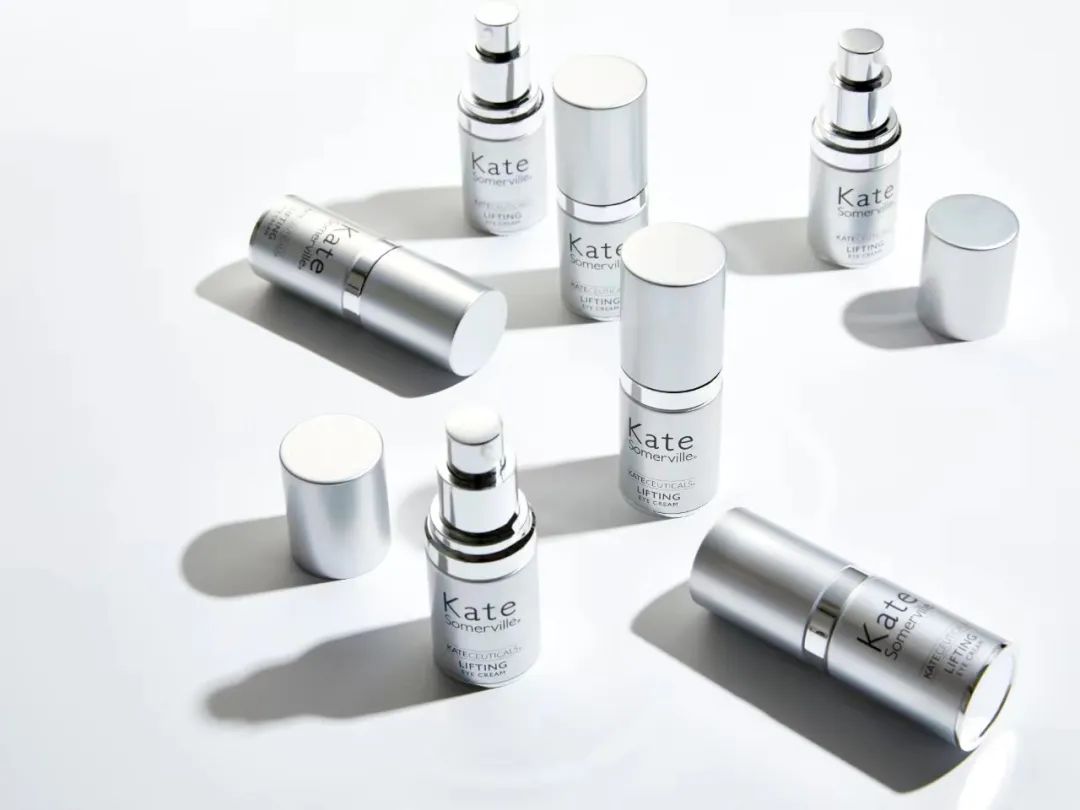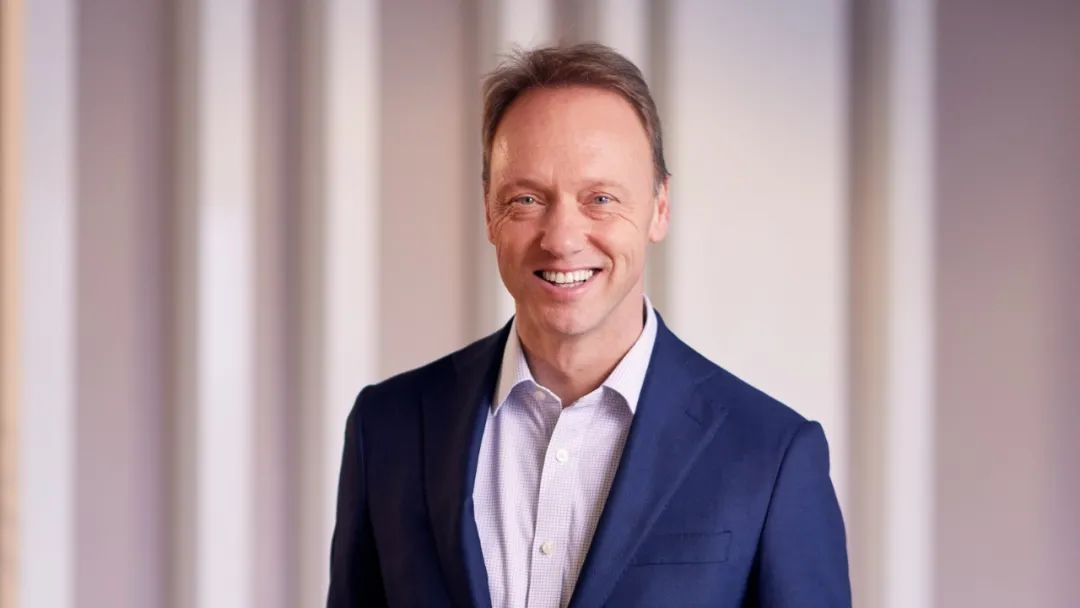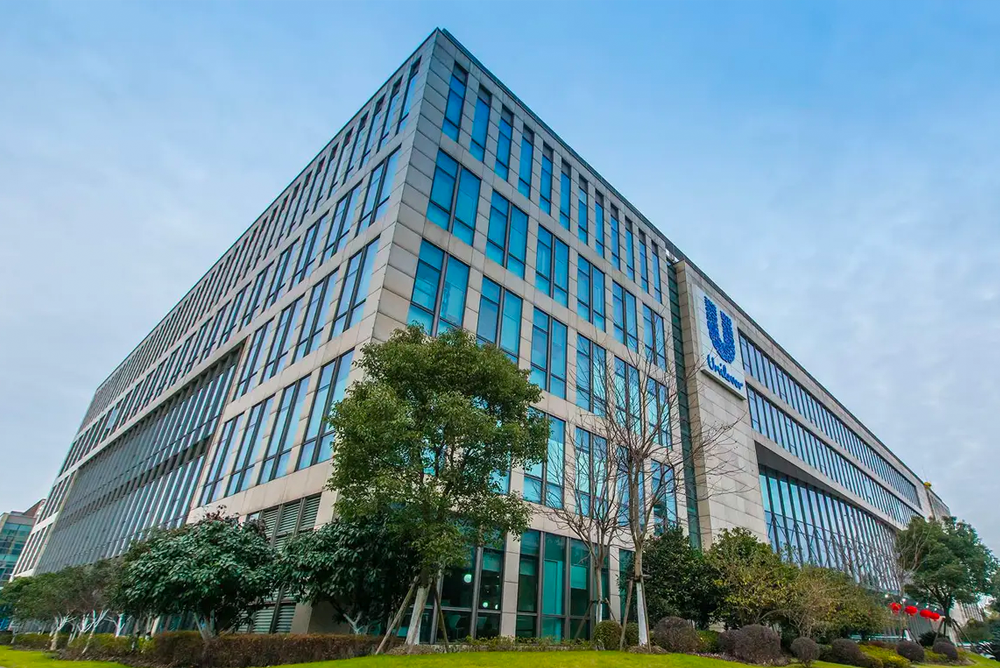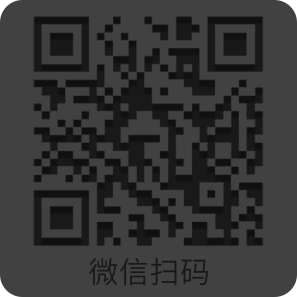- 2024-08-29
- 阅读量:5232
- 来源|Cosmetic Business Online
- 作者|Li Ru Hui
Continuous reshaping of the Group's product portfolio.
A few days ago, Sky News reported that Unilever is working with consultants to sell Kate Somerville and REN, the high-end skincare brand it acquired in 2015. Unilever has now entered into a partnership with PricewaterhouseCoopers to investigate potential buyers for Kate Somerville, while a valuation of the brand has yet to be finalised, the source said. Unilever declined to comment.01
The acquisition took nearly 10 years
Publicly available information shows that Keswick and REN were acquired by Unilever in the same year of 2015, and have been acquired for nearly a decade now under Unilever Prestige Beauty. In 2004, Kate Somerville, a dermatologist and the founder of Keswick, opened a beauty shop in Los Angeles for the high-end demographic under her own name, and in 2006 she began launching skincare products, including skin care and sun care products, and is known in the industry for its high quality and product innovation. The brand's products are said to focus on natural herbal ingredients and specialise in the use of Active Balance Technology, which blends the use of high-intensity ingredients with natural botanical extracts, positioning the brand at the high end of the market.

In May 2015, Unilever announced the acquisition of the Keswick brand and placed it under the Prestige division of the group, along with Dermalogica, Murad, Living proof and REN. At the time of the acquisition, Vasiliki Petrou, senior vice president of Unilever, said that Keswick had conquered Hollywood's most photogenic celebrities with its high-quality ingredients, good results and unique glamour. In recent years, Keswick has extended its reach to the fast-growing Asian skincare market. He said Unilever is looking forward to the brand's potential in Asia.
In March 2019, Keshiwei officially entered the Chinese market by opening its Tmall overseas flagship shop in partnership with Hangzhou High Wave Holding Co. The brand also made a face-saving appearance along with Unilever's high-end products division at the second edition of the Import Expo in early November. Currently, its overseas Tmall flagship shop has a total of 15 products and has accumulated 180,000 brand fans. The brand acne serum and ‘female ghost essence’ for its star single product, respectively, reached 4000 + and 1000 + sales, and in the small red book platform ‘female ghost essence’ related topic discussion volume of nearly a million.

According to public information, the brand has been recommended by Kim Kardashian, Taylor Swift and Liu Yifei and many other domestic and foreign stars, in the United States Sephora sales once ranked in the top five. REN is a pure skincare brand from the UK. The brand insists on the use of natural active ingredients and sustainable packaging, by Antony Buck and Robert Calcraft was founded in 2000, its name in Swedish means ‘pure’. REN products are reportedly available in 50+ countries. In 2015, Unilever acquired REN, and in March 2021, the brand entered Tmall International, officially entering the Chinese market.

Currently, REN's overseas flagship shop has amassed 322,000 fans, with 33 products for sale, including the highest-selling ‘Orange Toner’ with 6,000+ sales.
02
Streamlining action continues
In October 2023, Hein Schumacher, the new CEO of Unilever, launched the ‘Growth Action Plan’, whose central message is ‘business focus’. The plan identifies the Group's 30 strong brands, including 14 ‘billion euro’ brands (i.e. with annual sales of more than 1 billion euros) and 16 brands that have the potential to be in the ‘billion euro camp’. These 30 brands contribute more than 70 per cent of Unilever's revenue, including Dove, Clearance, Lux, Pond's and Omija. In fact, since 2023, Unilever has continued to focus on its core businesses and streamline its organisation.

In May last year, Unilever Group sold the North American business of its personal care brand Suave, which includes hair care, skin care, skin cleansing and deodorant businesses, to private equity firm Yellow Wood, which has now transformed the brand into an independent company. In October last year, Unilever sold its non-core brand, men's grooming brand Dollar Shave Club, to US private equity firm Nexus Capital Management LP. In March this year, Unilever announced that it would lay off 7,500 employees globally, which is the largest job cuts Unilever has made in the last five years.
At the same time, the group also announced the divestment of the ice cream businesses of Monroe and Horozuki. It is understood that the divested ice cream business will be operated as a separate business. The operation is expected to be completed by the end of 2025. In June, the Group completed the sale of Elida Beauty, comprising more than 20 non-core beauty and personal care brands such as Q-tips®, Caress, Ponds Ponds, Impulse, Noxzema, Monsavon, Timotei and others. The business had generated revenues of around $760 million (Rs 5,507 million) in 2022. Immediately after, on 13 June, Vasiliki Petrou, founder and chief executive of Unilever's premium brands division, announced that he would be leaving the company at the end of July. In July, the group completely divested its water purification business by selling its stakes in water purification companies Pure Water and Qinyuan Group.
And today, Unilever's streamlining journey continues. The Group's H1 and Q2 2024 results report states that going forward, Unilever will continue to reshape the Group's product portfolio. According to foreign media sources, REN, Kai Shiwei in Unilever's high-end beauty division, but their operating income performance is far less than Dermalogica, Paula's Choice, Murad, Tatcha and K18 and other brands, so by the group ‘streamlining’ out is also traceable.
Looking at the group's financial data in recent years, Unilever sales continued to grow. In the first half of this year, it also reached a double increase in revenue and profit, achieving revenue of 31.1 billion euros (about RMB 244.1 billion), up 2.3% year-on-year; underlying operating profit was 6.1 billion euros (about RMB 47.77 billion), up 17.1% year-on-year, and the underlying operating margin grew to 19.6%, and the European market achieved 2.2% volume growth in the second quarter, which is the first positive growth since the the first time since the second quarter of 2021 that positive growth was achieved. As you can see, the Group's growth plan is bearing fruit.

● Chief Executive Officer, Unilever. Hein Schumacher
For the group, the sale of small and medium-sized beauty and personal care brands will not only significantly reduce operating costs, but also provide a considerable amount of capital to be used for expanding its core business, thus achieving more efficient growth. As Hein Schumacher, Unilever's chief executive, mentioned in the first half of this year's financial report, ‘We are committed to doing less to make a bigger impact.’










